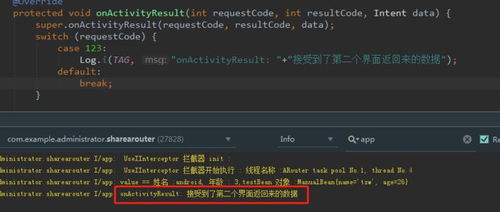Honours ar result 1st year: A Comprehensive Guide
Embarking on your first year of honours studies is an exciting and challenging journey. Achieving a first-class result is a testament to your hard work, dedication, and academic prowess. In this article, we will delve into the various aspects of securing a first-class honours result in your first year. From understanding the grading system to effective study strategies, we will cover it all.
Understanding the Grading System

The grading system varies across universities and countries, but most institutions follow a similar pattern. In the UK, for instance, honours degrees are typically classified into first-class honours (1st), upper second-class honours (2:1), lower second-class honours (2:2), and third-class honours (3rd). Achieving a first-class result in your first year is no easy feat, but it is certainly attainable with the right approach.
| Grade | Percentage Range | Description |
|---|---|---|
| First-class honours (1st) | 70% and above | Outstanding academic performance, demonstrating a high level of understanding and critical thinking |
| Upper second-class honours (2:1) | 60% to 69% | Good academic performance, showing a strong understanding of the subject matter |
| Lower second-class honours (2:2) | 50% to 59% | Passable academic performance, with a reasonable understanding of the subject matter |
| Third-class honours (3rd) | 40% to 49% | Passable academic performance, with a basic understanding of the subject matter |
It is important to note that the grading criteria may differ from one university to another. Therefore, it is crucial to familiarize yourself with the specific requirements of your institution.
Effective Study Strategies

Securing a first-class honours result in your first year requires a well-thought-out study plan and effective study strategies. Here are some tips to help you achieve your goal:
-
Set clear goals: Define your academic objectives and create a roadmap to achieve them. This will help you stay focused and motivated throughout your studies.
-
Develop a study schedule: Allocate specific times for studying, attending lectures, and completing assignments. Stick to your schedule as closely as possible to maintain consistency.
-
Engage in active learning: Instead of passively listening to lectures, take notes, ask questions, and participate in discussions. This will enhance your understanding of the subject matter.
-
Seek help when needed: Don’t hesitate to ask for assistance from your professors, teaching assistants, or peers if you encounter difficulties. Collaboration can be a powerful tool in your academic journey.
-
Practice time management: Prioritize your tasks and allocate sufficient time for each assignment. Avoid procrastination and ensure that you complete your work on time.
-
Stay organized: Keep your study materials, notes, and assignments well-organized. This will make it easier for you to locate information when needed.
-
Take care of your health: Maintain a healthy lifestyle by getting enough sleep, eating a balanced diet, and exercising regularly. A healthy body will enable you to perform better academically.
Engaging with Course Content

Understanding and engaging with the course content is essential for achieving a first-class honours result. Here are some tips to help you excel in this area:
-
Read extensively: Go beyond the assigned readings and explore additional resources to deepen your understanding of the subject matter.
-
Attend lectures and seminars: Actively participate in lectures and seminars to gain insights from your professors and peers.
-








